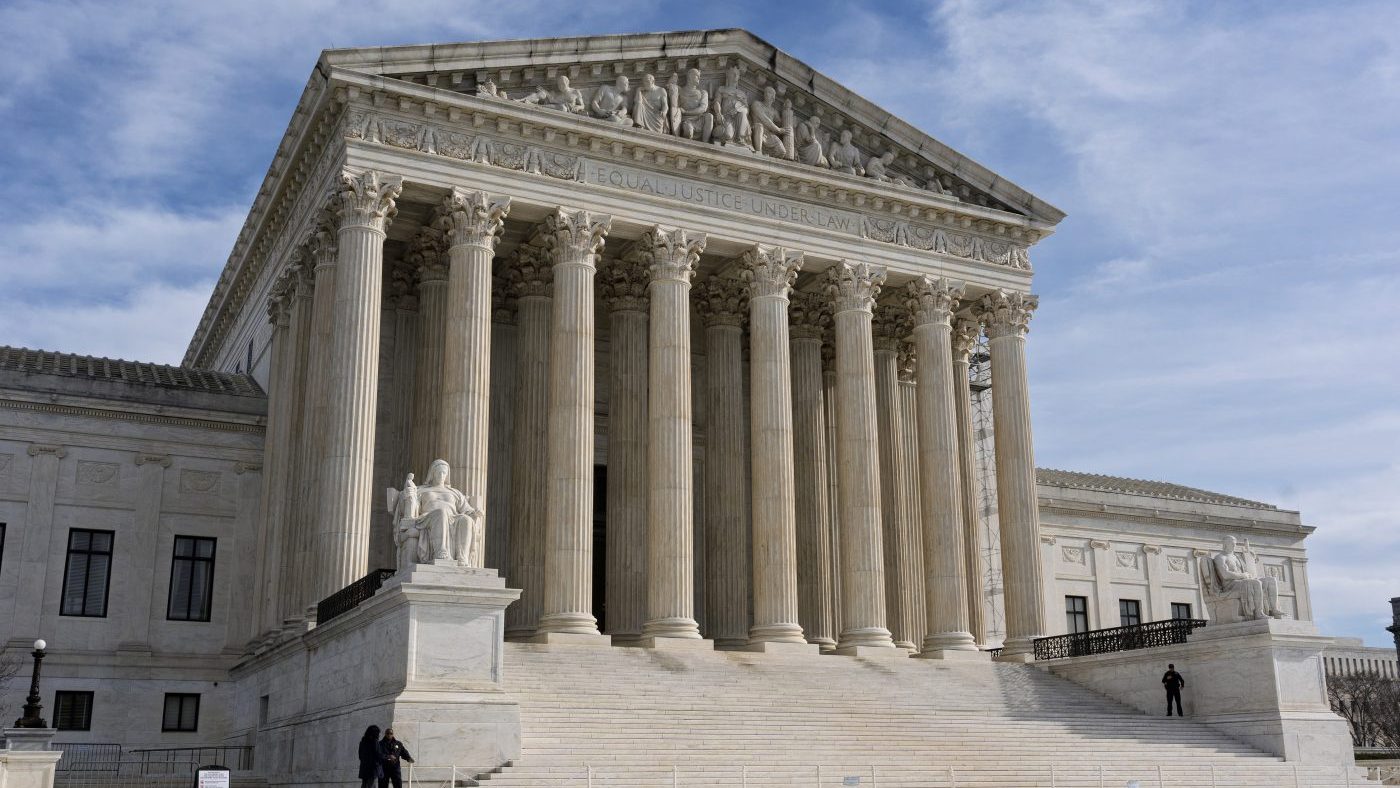In a significant legal shift, the Supreme Court has permitted the Trump administration to enforce a ban on transgender individuals serving openly in the military, overturning prior lower court rulings. This marks a victory for an administration intent on restricting transgender rights.
Supreme Court allows Trump administration to enforce trans military ban

Key Takeaways:
- The Supreme Court permits enforcement of the transgender military ban.
- Two lower court rulings blocking the ban are undermined.
- The decision is a victory for the Trump administration.
- The Justice Department filed an emergency application to lift the ban block.
- The ban directly affects transgender individuals serving openly in the military.
Supreme Court Allows Enforcement of Transgender Military Ban
The Supreme Court has granted the Trump administration the authority to enforce a ban on transgender individuals serving openly in the military. This decision, announced on Tuesday, overturns two lower court rulings that had previously blocked the policy.
Background of the Ban
The Trump administration’s proposed ban aimed to reverse an Obama-era policy that allowed transgender troops to serve openly. Supporters of the ban argue that it is necessary to maintain military readiness and cohesion, while opponents view it as discriminatory.
Legal Journey
Two lower courts had earlier ruled against the ban, preventing it from taking effect. However, the Justice Department, in an emergency application filed last month, asked the Supreme Court to lift these injunctions. The Supreme Court’s agreement allows the administration to proceed with enforcing the ban while legal challenges continue.
Implications of the Decision
The enforcement of the ban directly impacts transgender individuals currently serving or aspiring to serve in the military. It represents a significant victory for the Trump administration, which has broadly sought to restrict transgender rights across various policy areas.
Responses and Reactions
While the Supreme Court’s decision is a setback for transgender rights advocates, the legal battle may not be over. The underlying cases will continue to proceed through the courts, leaving open the possibility of future legal challenges to the ban.
Conclusion
The Supreme Court’s ruling marks a pivotal moment in the ongoing debate over transgender individuals’ ability to serve in the armed forces. As the policy takes effect, its repercussions will be felt by transgender service members and could influence broader discussions on transgender rights in the United States.











